- Peter Obi has lamented that the alleged harsh economic policies of authorities in Nigeria have negative effects on the monetary and fiscal sides
- Obi said the policies have continued to slow down Nigeria's economic growth, drive multinationals out of the country, stifle our small businesses and discourage the inflow of foreign direct investment
- The presidential hopeful stated that the country needs to "reverse course and only initiate policies that can lead to growth and the birth of a new Nigeria”
Legit.ng journalist Ridwan Adeola Yusuf has over 9 years of experience covering public journalism.
FCT, Abuja - Peter Obi, the presidential candidate of the Labour Party (LP) in the 2023 election, has said Aliko Dangote, Africa's richest person's recent outcry against the current interest rate of 30%, underscores his earlier cry in February on "the negative effects" of the monetary policy of the Bola Tinubu-led government.
In a statement on Thursday, July 4, which he personally signed, the presidential hopeful recalled that in February, he argued against the decision of the monetary policy committee to peg the monetary policy rate (MPR) at 22.5% and up the cash reserve ratio (CRR) to 45%. Obi said he had warned that this would further worsen the economic situation in Nigeria.
According to the former Anambra state governor, the policy tools by the Central Bank of Nigeria (CBN) would push interest rates on loans to above 30%, “which would be very difficult for manufacturers and MSMES to borrow and repay”.
He said:
“If Dangote, the richest person in Africa, and foremost industrialist, can complain, then imagine the negative impacts of these policies on MSMEs who are the engine of economic growth.PAY ATTENTION: Share your outstanding story with our editors! Please reach us through info@corp.legit.ng!
“To further understand the harsh economic environment that this monetary policy had exacerbated, the recent report from the Manufacturing Association of Nigeria (MAN) stated.“In 2023, 767 companies were shut down and 335 became distressed. The capacity utilisation in the sector has declined to 56%; the interest rate is effectively above 30%; foreign exchange to import raw materials and production machine inventory of unsold finished products has increased to N350 billion and the real growth has dropped to 2.4%.”More to follow...
Source: Legit.ng

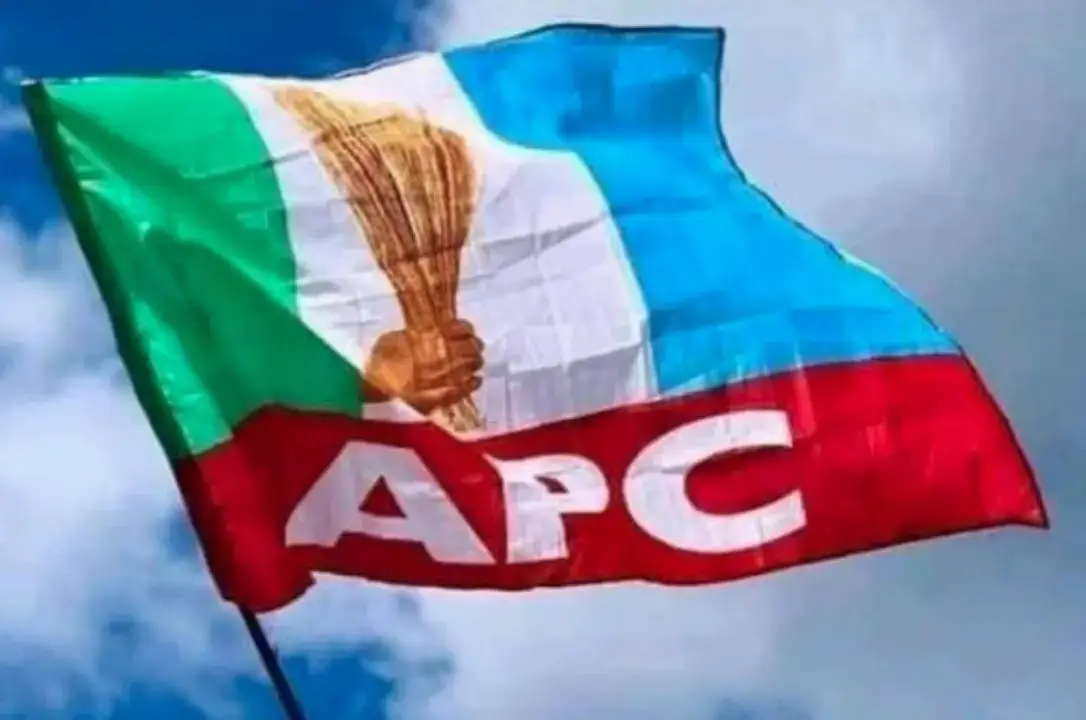

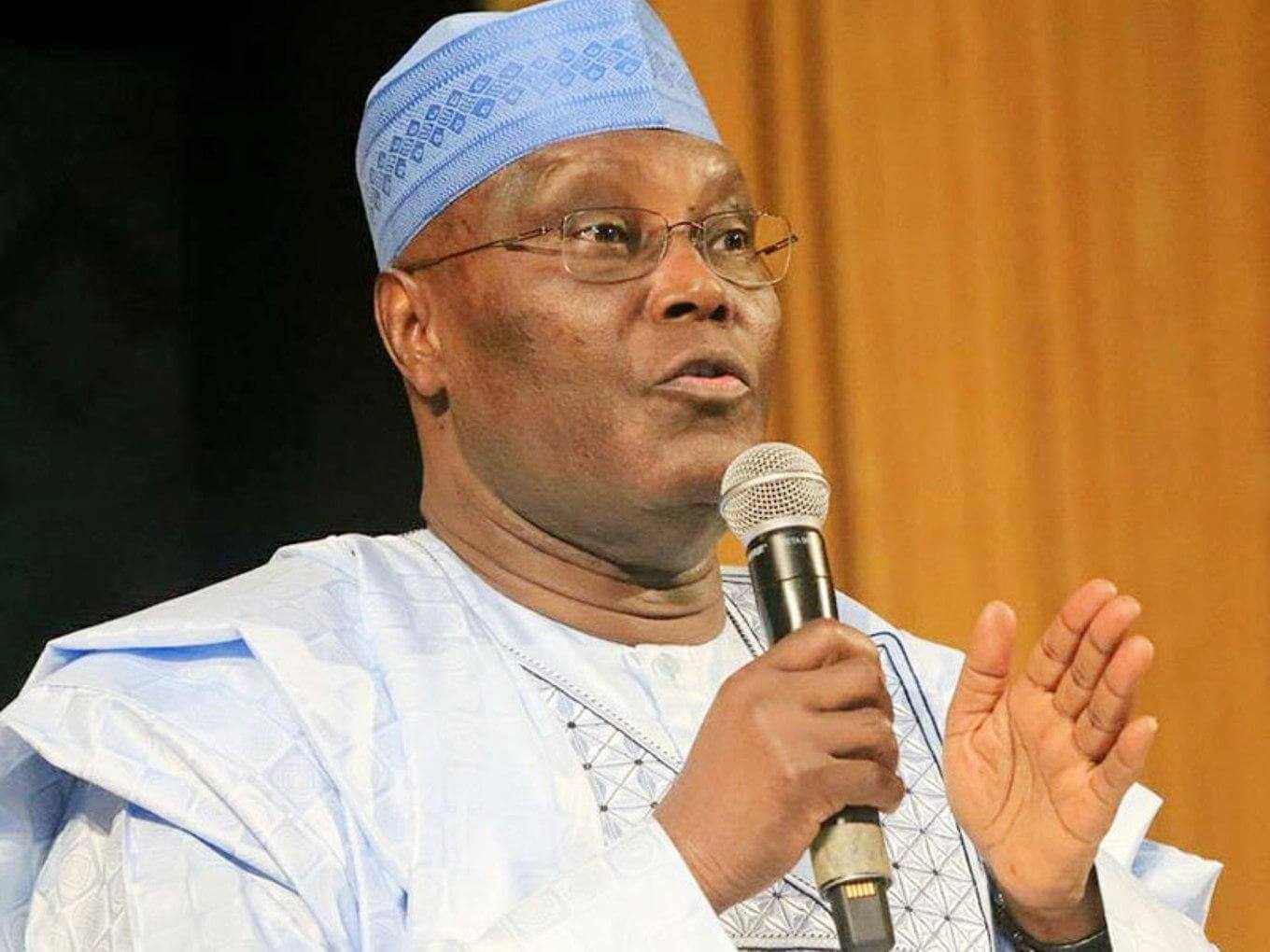




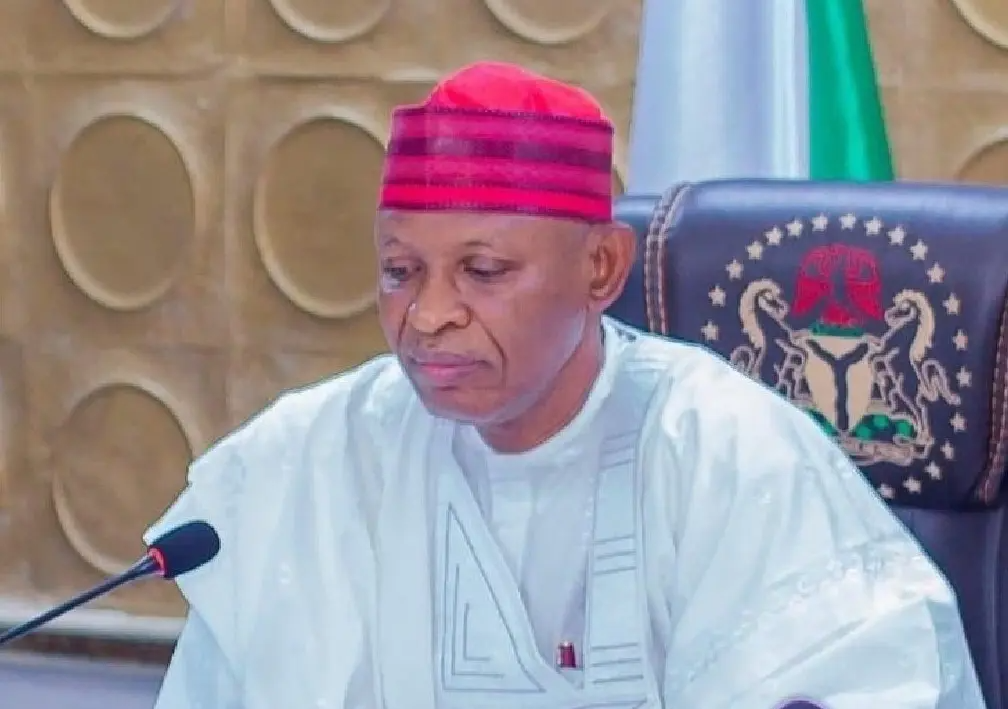


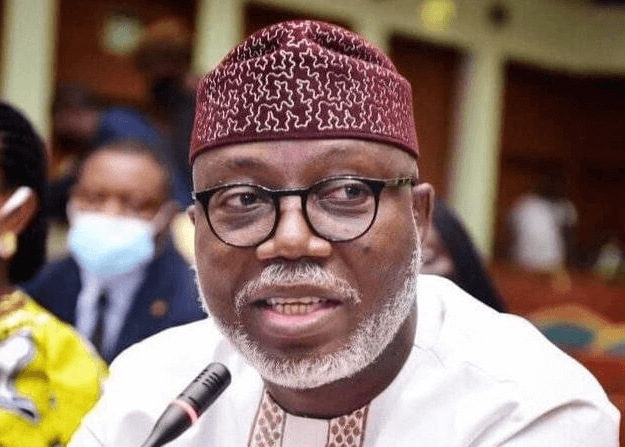
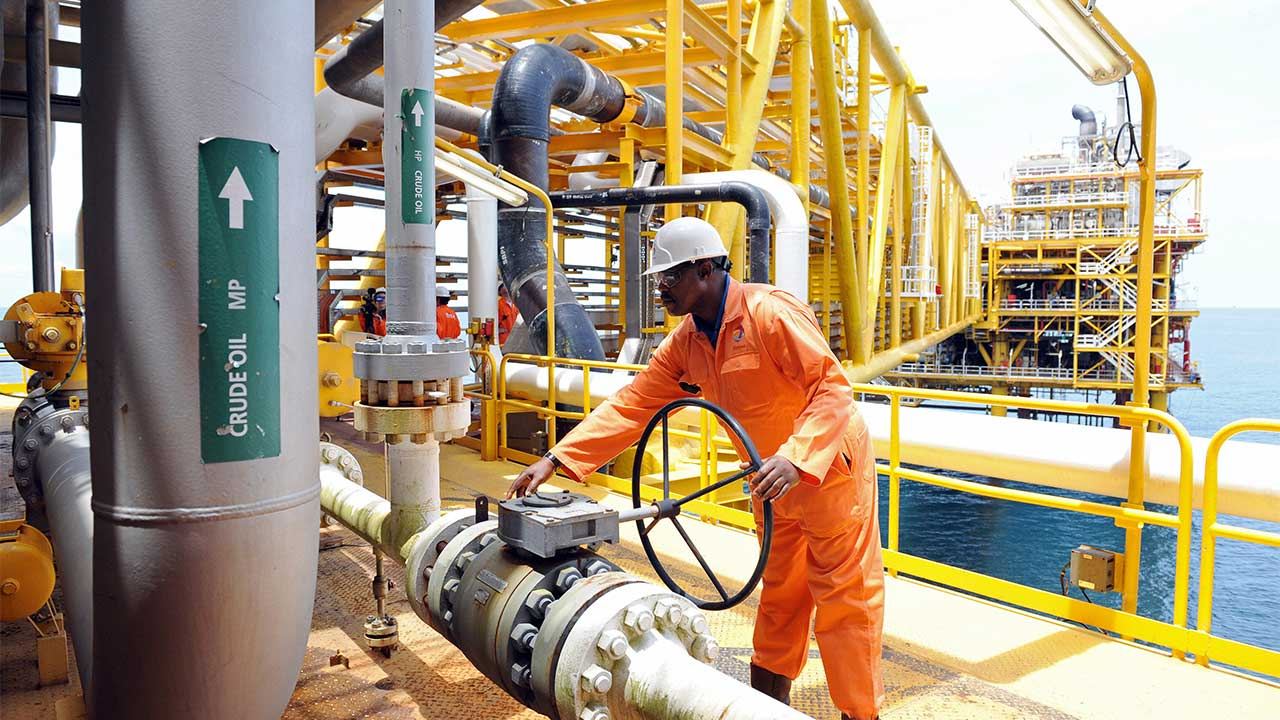



 English (US) ·
English (US) ·